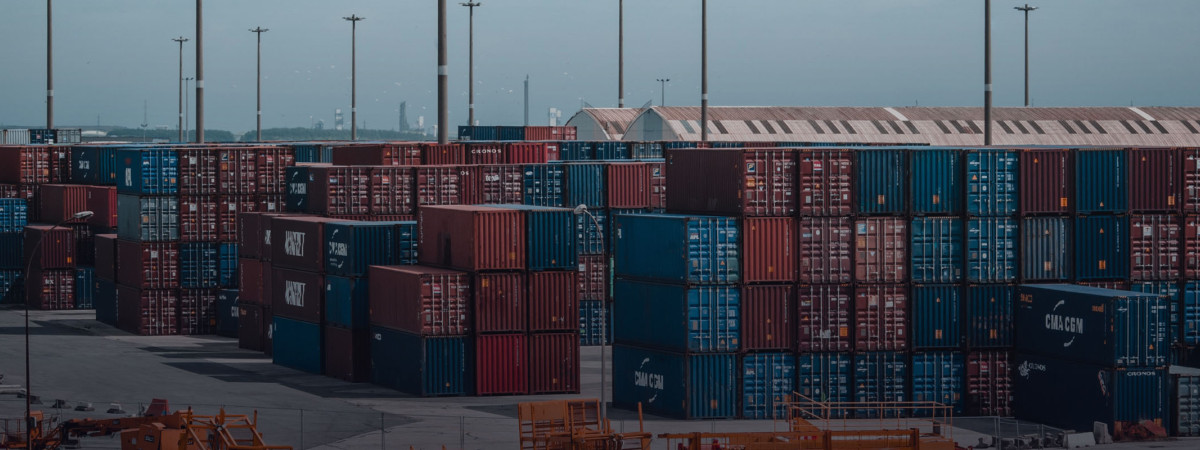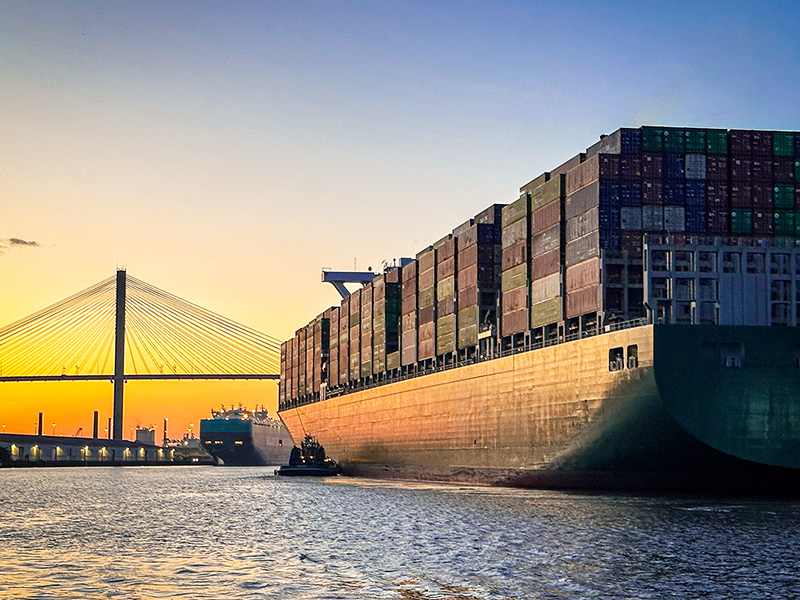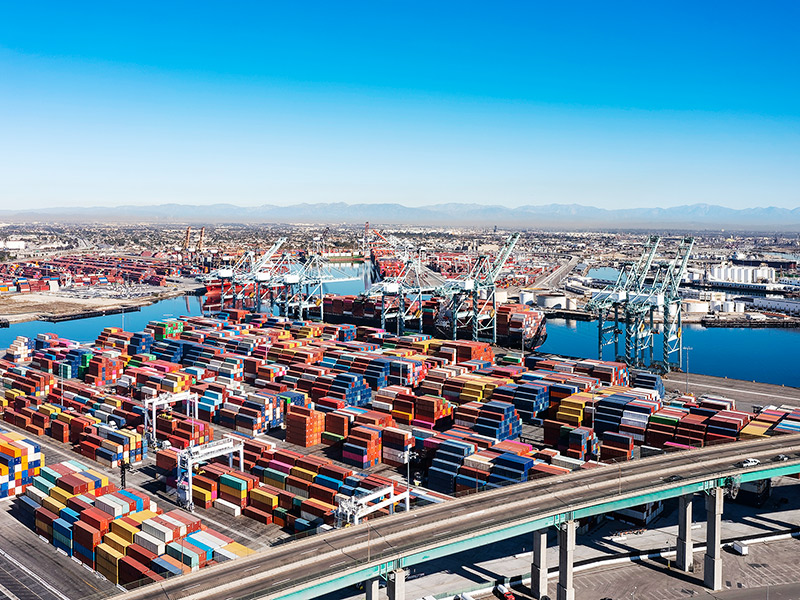
Pexels / Samuel Wölfl
Authors
As more and more businesses take action to address the climate crisis, few sectors can make as much of an impact as transportation. Representing approximately 15 percent of global energy demand, transport emissions accounted for over eight percent of global carbon emissions in 2015 according to the International Transport Forum, and is expected to continue to rise until the mid-century. Driving down emissions from freight transport is critical to achieve the Paris Agreement goals— and decarbonizing this sector will take both extraordinary ambition as well as global, coordinated action. Taking on a challenge of this scale will require working with multinational companies, as well as their suppliers; simultaneously changing air, sea, road, rail, and waterways transportation; and driving transformation across the entire global system.
In 2020, business ambition to address the climate crisis has never been higher, with nearly one thousand companies committed to Science Based Targets since the initiative was launched in 2015. As companies leverage climate science to drive emissions reductions in their operations and their value chains, they have realized that reaching these targets requires addressing the carbon emitted in their supply chains, including freight transport, if they wish to remain in line with the Paris goal to limit warming to 2oC or its stretch goal of 1.5oC.
As businesses look to move beyond commitments and take concrete steps to combat climate change, now is the time to take meaningful action to address freight emissions. With years of experience working collaboratively on initiatives aimed at decarbonizing freight, BSR and the Smart Freight Centre (SFC) are moving to address gaps in current efforts and accelerate the shift to zero-carbon freight across all modes of transport—air, sea, road, rail, waterways—by 2050 through a new buyer-focused collaborative platform: the Sustainable Freight Buyers Alliance (SFBA).
In order to drive system-wide change, we need a new type of collaborative platform purposefully designed to send a united market signal across the entire freight ecosystem. In a globally interconnected network, this unified market signal will enable more impact than disparate ones for individual modes, countries, or technologies – further driving the ability of other initiatives such as the Getting to Zero Coalition, the World Economic Forum, and others to progress meaningfully towards decarbonizing technologies for freight. We need to unite corporate buyers, suppliers, and other stakeholders in the freight value chain in order to meet the following three essential conditions for zero-emission transport by 2050:
- United market signal: Corporate buyers of freight share the same global freight system and have overlapping suppliers. We need to bring all these buyers together under a single purpose, define the common objectives, and agree to mutual accountability in order to translate this need into a powerful, specific, and united market demand signal for low-carbon freight.
- Opportunity for action: Once buyers have defined and signaled a common market demand, they can accelerate action. This can be done by joining initiatives that support the scale up or co-creation of promising technology, operational or financing solutions, and alignment of buyers and suppliers. Well-established collaborative buyer-supplier platforms for different regions and freight transport modes exist; such as BSR’s Clean Cargo for maritime freight, BSR’s Future of Fuels initiative and U.S. EPA’s SmartWay for road freight in North America, and BSR’s Sustainable Air Freight Alliance for air cargo. Other initiatives are focused specific technologies, such as Drive to Zero for electric trucks or Getting to Zero Coalition for zero-emission marine vessels, and a growing number of countries have national green freight programs. Solutions and knowledge must be shared across these platforms, to ensure the rapid identification and scaling of the most promising solutions.
- An industry standard: To ensure accountability, we will need standardized guidelines and an assessment tool that allows individual companies to monitor progress to achieving zero-emission freight. SFC’s Global Logistics Emissions Council has developed the GLEC Framework, which we believe to be the best example of standardized guidelines for emissions calculation and reporting, and an assessment tool to track progress can be coupled to this.
This Sustainable Freight Buyers Alliance will specifically focus on creating a united market signal by working with global buyers and tracking emission reduction progress across their entire freight value chain - not be limited by region or mode of transport. We can then accelerate action and industry standards by collaborating with existing initiatives. Together we can share knowledge and learnings—and identify the best technologies and opportunities to scale impact.
We look forward to connecting with more shippers to join us in creating a single voice to drive down freight emissions—and take coordinated action to meet science-based targets to counter the climate crisis. We encourage companies looking to scale impact and meet their SBTs to reach out to our team to learn more.
BSR’s latest sustainability insights and events straight to your inbox.
Topics
Let’s talk about how BSR can help you to transform your business and achieve your sustainability goals.







